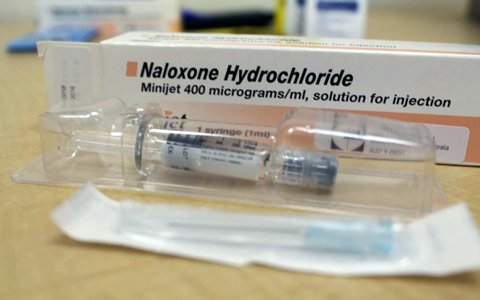Evaluation of new take-home naloxone programs in WA emergency departments and a community outreach program
NDRI
Professor Simon Lenton
NDRI’s evaluation of new take-home naloxone programs will inform the ongoing development of such programs in WA and elsewhere.
Consistent with growing evidence on the efficacy of take-home naloxone (THN) programs in Australia and internationally, Western Australia’s Mental Health Commission (MHC) is expanding THN to other settings namely accident and emergency departments and AOD community outreach settings in the metropolitan area.
Funded by the MHC, this research project involves follow-up interviews with participants of the project following their attendance at one of three emergency departments or engagement with an AOD community outreach program setting where they have received naloxone brief education and a supply of naloxone as a part of the WA naloxone projects 2018-2020.
Follow up interviews will be conducted when either:
(i) Program participants contact the research team for a follow-up interview after experiencing or witnessing an overdose situation, where naloxone may or may not have been used; and/or
(ii) A time period of between 3 and 6 months has elapsed after their attendance at one of these services and they are contacted by the research team to arrange an interview.
A subsample of up to thirty (30) participants from each of the 4 clinical settings will be interviewed. The total number of participants interviewed will be I20.
Follow up interviews, based on the NDRI’s earlier evaluation of Australian THN programs, will address such things as participants’ experience of the naloxone training, how they accessed naloxone, their knowledge of overdose risks, signs and management, their personal experience of overdosing or witnessing an overdose since they attended the training, including what actions were taken to manage the overdose including administration of naloxone, and the outcomes of that. The evaluation will inform ongoing development of THN programs in WA and elsewhere.











